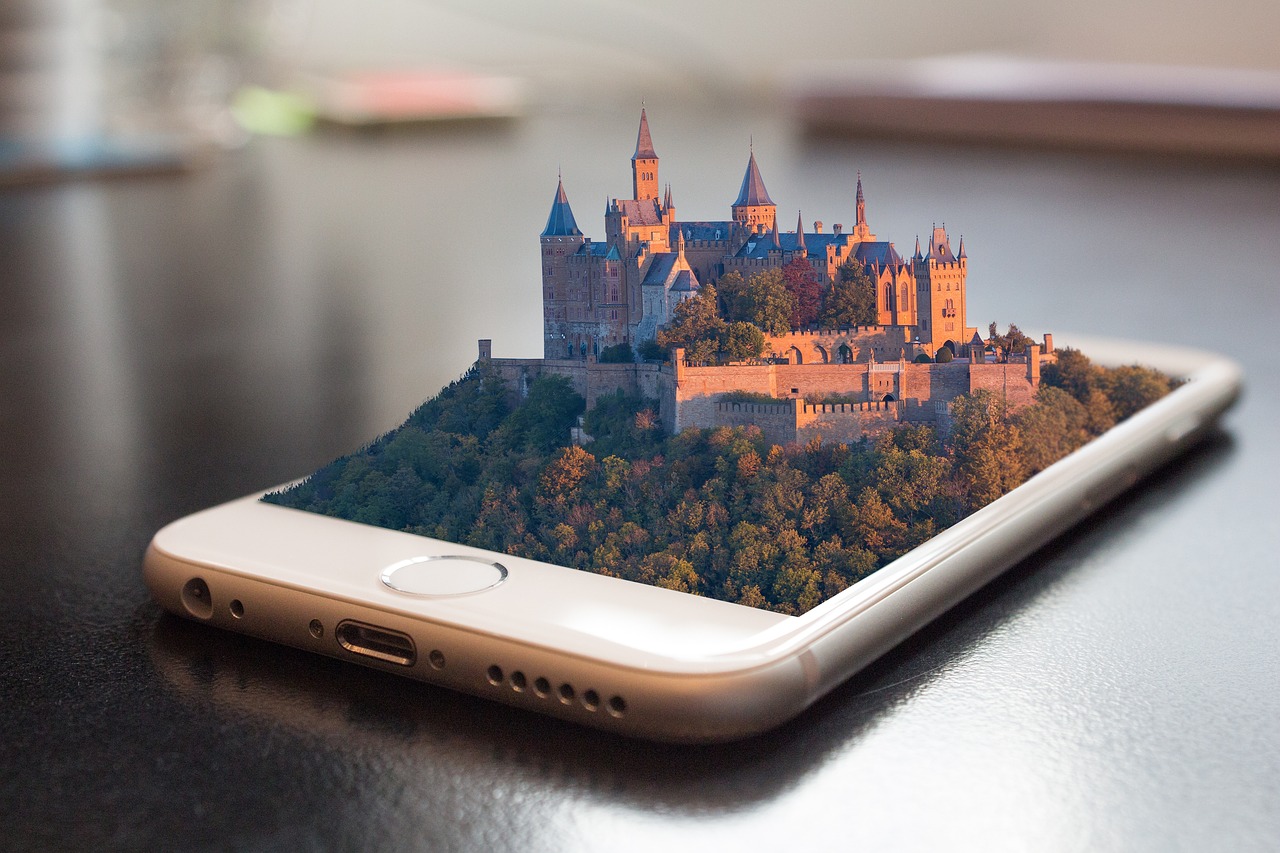THE METAVERSE HAS BEEN A HOT TOPIC OF CONVERSATION, BUT WHAT IS THE METAVERSE? AND WHEN WILL IT GET HERE?
Author Neal Stephenson is credited with coining the term “metaverse” in his 1992 science fiction novel “Snow Crash,” in which he envisioned lifelike avatars who met in realistic 3D buildings and other virtual reality environments.
Since then, various developments have made mileposts on the way toward a real metaverse, an online virtual world which incorporates augmented reality, virtual reality, 3D holographic avatars, video and other means of communication. As the metaverse expands, it will offer a hyper-real alternative world for you to coexist in.
Inklings of the metaverse already exist in online game universes such as Fortnite, Minecraft and Roblox. And the companies behind those games have ambitions to be part of the evolution of the metaverse.
►Are we ready? From Facebook to Fortnite, the metaverse is calling
►Call of Duty: Vanguard: Game provides bloody, exciting video game fun
What is the metaverse?
It’s a combination of multiple elements of technology, including virtual reality, augmented reality and video where users “live” within a digital universe. Supporters of the metaverse envision its users working, playing and staying connected with friends through everything from concerts and conferences to virtual trips around to the world.
“Right now, we are on the cusp of the next internet,” said Matthew Ball, managing partner of venture capital firm Epyllion Industries, in a February 2021 essay on his website.
When can we expect to see it?
Mark Zuckerberg, the CEO of the newly named Meta (formerly Facebook), estimates it could take five to 10 years before the key features of the metaverse become mainstream. But aspects of the metaverse currently exist. Ultra-fast broadband speeds, virtual reality headsets and persistent always-on online worlds are already up and running, even though they may not be accessible to all.
What are some examples of it?
Here’s a look at what’s happening today that could lead to the metaverse of tomorrow:
♦ Meta. The tech giant formerly known as Facebook has already made significant investments in virtual reality, including the 2014 acquisition of Oculus. Meta envisions a virtual world where digital avatars connect through work, travel or entertainment using VR headsets. Zuckerberg has been bullish on the metaverse, believing it could replace the internet as we know it. “The next platform and medium will be even more immersive and embodied internet where you’re in the experience, not just looking at it, and we call this the metaverse,” said Meta CEO Mark Zuckerberg last month after revealing the company’s rebranding.
Launched by Facebook in August 2021 — the company’s name is now Meta — the Horizon Workrooms beta is a virtual meeting space where coworkers … Show more META
♦ Microsoft. The software giant already uses holograms and is developing mixed and extended reality (XR) applications with its Microsoft Mesh platform, which combine the real world with augmented reality and virtual reality. Earlier this month, Microsoft showed off its plans for bringing mixed-reality including holograms and virtual avatars to Microsoft Teams in 2022. Also in the works for next year: explorable 3D virtual connected spaces for retail and workplaces. The U.S. Army is currently working with Microsoft on an augmented reality Hololens 2 headset for soldiers to train, rehearse and fight in. Beyond that, Xbox Live already connects millions of video game players across the globe, too.https://www.youtube.com/embed/Qw6UCwCt4bE?feature=oembed
♦ Epic Games. Tim Sweeney, CEO of the company that developed Fortnite, has said, “It’s no secret that Epic is invested in building the metaverse.” It’s held concerts by the likes of Ariana Grande and Travis Scott, movie trailers and music debuts and even an “immersive” re-imagining of Martin Luther King Jr.’s 1963 historic “I Have A Dream” speech. And it’s developing photorealistic digital humans with its MetaHuman Creator, which could be how you customize your digital doppelganger in future open-world games.
♦ Roblox. The platform, founded in 2004, houses scores of user-generated games, including role-playing offerings like Bloxburg and Brookhaven, where users can build homes, work and play out scenarios. Roblox is now valued at more than $45 billion after going public this year. the On the day of its IPO in March, Roblox founder and CEO David Baszucki tweeted a thank you to all who helped bring the platform “one step closer to fulfilling our vision of the #Metaverse.” Since then, Roblox has teamed up with skateboarding shoe company Vans to create Vans World, a virtual skateboarding park where players can dress up in fresh Vans gear and opened a limited Gucci Garden, where you can try and buy clothing and accessories for your virtual self. https://www.youtube.com/embed/sMGYioK_upE?feature=oembed
♦ Minecraft. Another virtual universe beloved by kids, the Microsoft-owned Minecraft is essentially the digital equivalent of Legos, where players can create their own digital character and build whatever they desire. As of August, Minecraft boasts more than 140 million monthly active users. During the pandemic, it has exploded in popularity among kids who had to rely more heavily on virtual connections.
Some lesser-known companies have launched their own online worlds. The online fantasy world Second Life, founded in 2003, is in its second decade as an alternate reality.
A scene inside Nowhere, a 3D events platform where you can see events and participate in events, and meet others in real-time over the net. NOWHERE
The online haven Nowhere has persistent and temporary virtual spaces – for public or private use – to hold concerts, festivals, reunions, and conferences. The Windmill Factory, the New York production company which began developing the platform more than a year ago, has done projects for Lady Gaga and Nine Inch Nails.
The Sensorium Galaxy earlier this year opened the first two of its planned galaxy of various connected online “worlds” to explore with VR headsets or desktop computers. Prism, the first to open, involves music – virtual DJs and bands play, for instance – in futuristic landscapes.


0 Comments